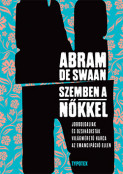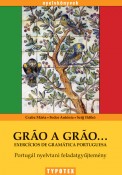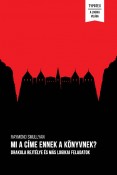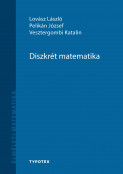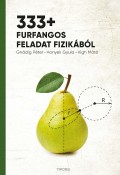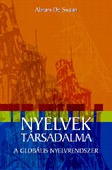
Oldalszám: 260 oldal
Formátum: B/5
ISBN: 978-963-9132-14-6
Témakör: from Dutch
Eredeti ár: 2600 Ft
THERE ARE OVER FIVE THOUSAND LANGUAGES in the World, and yet humankind has still retained its cohesion. Sociologist Abram de Swaan believes that this is due to the people who speak more than one language. As a result of multilingualism, certain languages within the global system have a kind of `umbrella function', serving as a means of communication between the speakers of regional languages. For the Tast half-century or so the `supercentral' language crowning this linguistic hierarchy has been English.
In Words of the World De Swaan describes the process by which a par ticular language comes to occupy such a central position. The various factors which play a role in that process are illustrated by case studies ticular language comes to occupy such a central position. The various factors which play a role in that process are illustrated by case studies focusing on the rivalry between Hindi and English in India; the triumph of Malaysian over the former colonial language - Dutch - in Indonesia, contrasted with the persistence of other colonial languages - French and English in Africa -; the complex linguistic regime in South Africa following apartheid; and the only slightly less complicated linguistic situation within the European Union.
All these various scenarios are governed by the same underlying rules. According to De Swaan, it is not until languages come to be regarded as economic goods that it becomes clear what makes these supercentral languages so appealing. Like other `hypercollective goods' (cable networks, for example), the value of a language increases in proportion to the number of new speakers. An `invisible hand' guides an ever more intensive process of concentration, in which a central role is reserved for a small number of languages with maximum communicatioe value. De Swaan shows that that number is fairly simple to calculate.
Words of the World is a pioneering book, in that in combines the insights of sociology, sociolinguistics and economics to demonstrate that the concentration in the direction of the super-central languages is both a rational and an undirected process. It is also a provocative book, because it presents this development as a momentous opportunity for human communication, rather than as a threar to the peripheral regional languages.
De Swaan's book’s unique. I know of no other work that sets out the problem of language - together with the solution- with such clarity. NRC HANDELSBLAD
Words of the World is a fascinating read. De Swaan writes in a lucid style and constructs his argument with iron-clad logic. HP/DE TIJD
Those who are willing to fight to the death to protect or promote their language will fend much to quote from in Words of the World. There are few greater compliments for book.
VRIJ NEDERLAND
About the Author
Abram de Swaan is Professor of Sociology at the University of Amsterdam. He has previously held chairs at Berkeley, Yale and the Sorbonne. His publications indude De mens is een mens een wrg (Man is a Worry unto Man) (1982), Zorg en de staat (In Care of the State) (1989), De mensenmaatschappij (Human Society) (1996, and De draagbare De Swaan (The Concise De Swaan) (1999)
